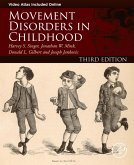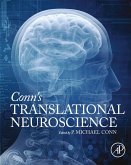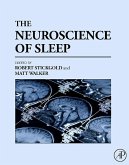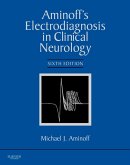Movement Disorders in Childhood, Second Edition, provides the most up-to-date information on the diseases and disorders that affect motor control, an important area of specialization within child neurology.
Over the past several decades, advances in genetics, neuroimaging, neurophysiology, and other areas of neuroscience have provided new understanding of the underlying etiologies and mechanisms of these conditions as well as new opportunities for more accurate diagnosis and effective treatment.
This new edition builds upon the success of the first edition, with comprehensive scientific and clinical updates of all chapters. In addition, there are new chapters on hereditary spastic paraplegia, quantitative motor assessments, autoimmune disorders, and movement disorders in the developmental neuropsychiatric disorders ADHD, OCD, and autism.
Additional materials are provided on the latest in drug treatments, computer based strategies for genetic diagnosis, and helpful videos for phenomenology.
- Provides the only current reference specifically focused on childhood movement disorders
- Investigates the underlying etiologies and mechanisms of these disorders
- Completely revised and updated with new materials and a more disease-oriented approach
- New coverage of genetics and movement disorders, immunology and movement disorders, and an introduction to the latest quantitative analysis
- New videos of instructive and unusual childhood movement disorders
- 2016 BMA Medical Book Awards Highly Commended in Neurology
Dieser Download kann aus rechtlichen Gründen nur mit Rechnungsadresse in A, B, BG, CY, CZ, D, DK, EW, E, FIN, F, GR, HR, H, IRL, I, LT, L, LR, M, NL, PL, P, R, S, SLO, SK ausgeliefert werden.









